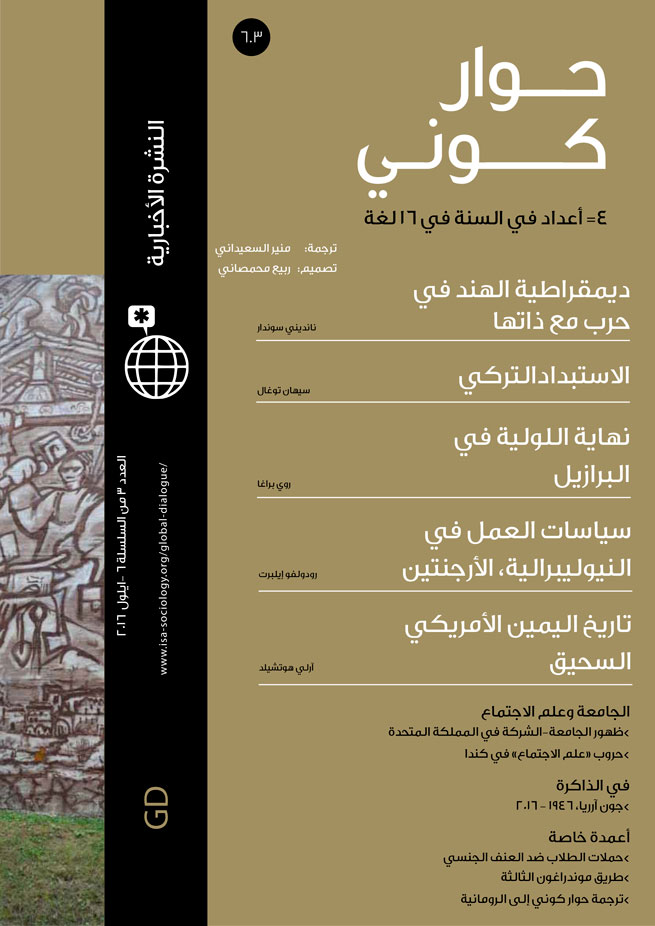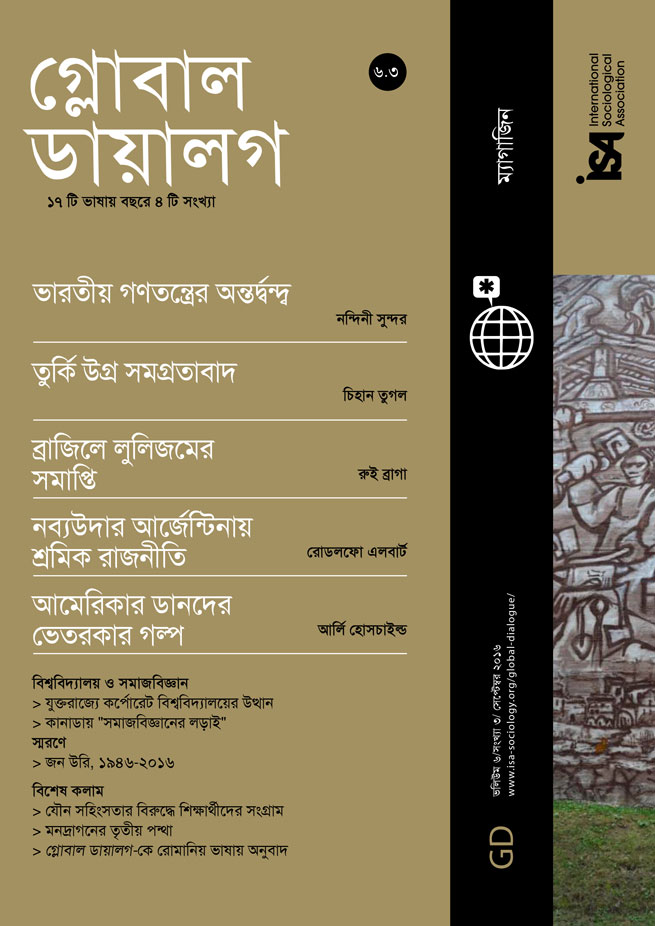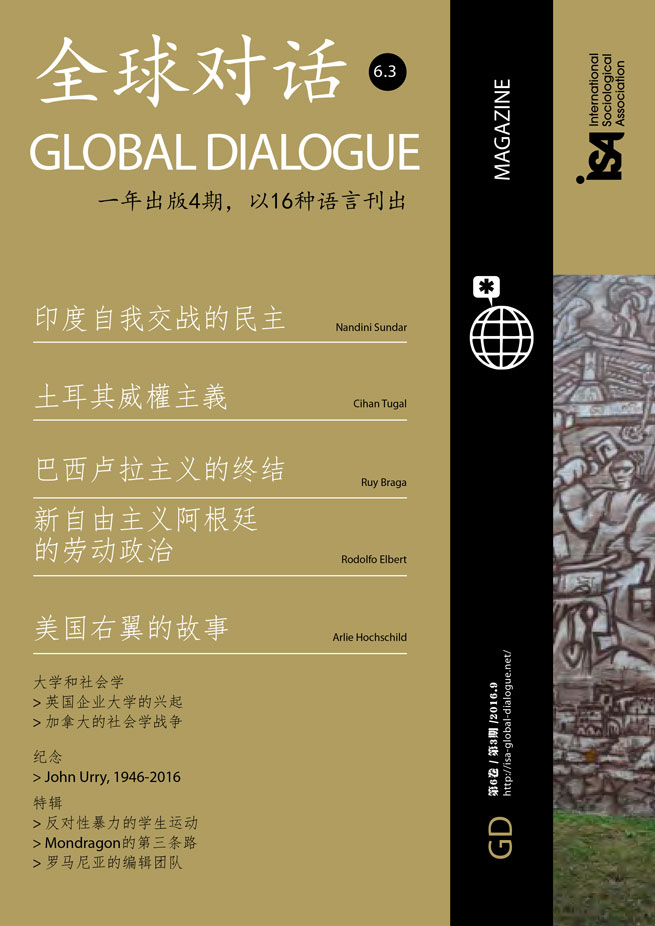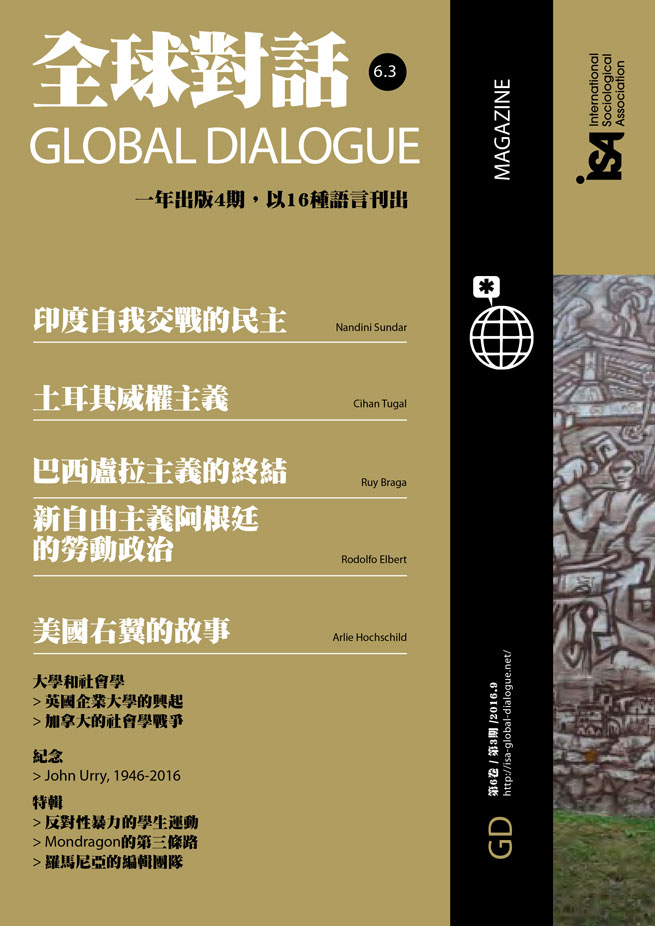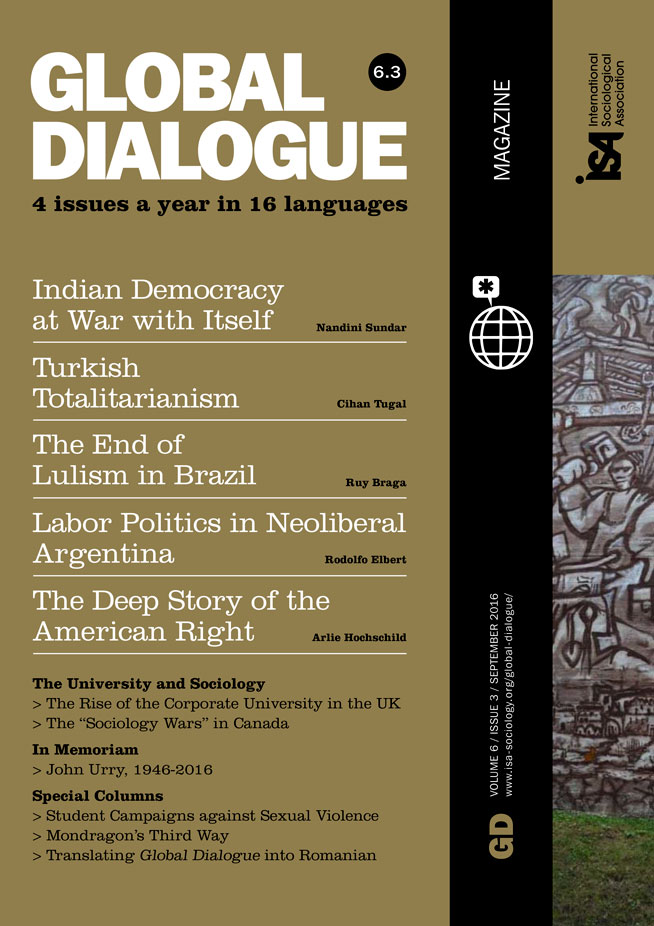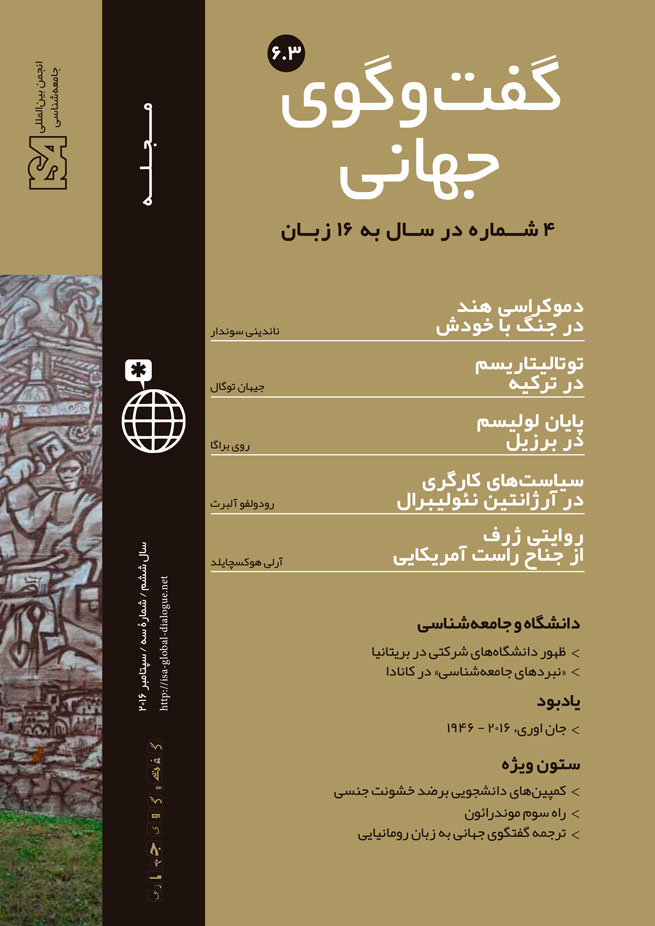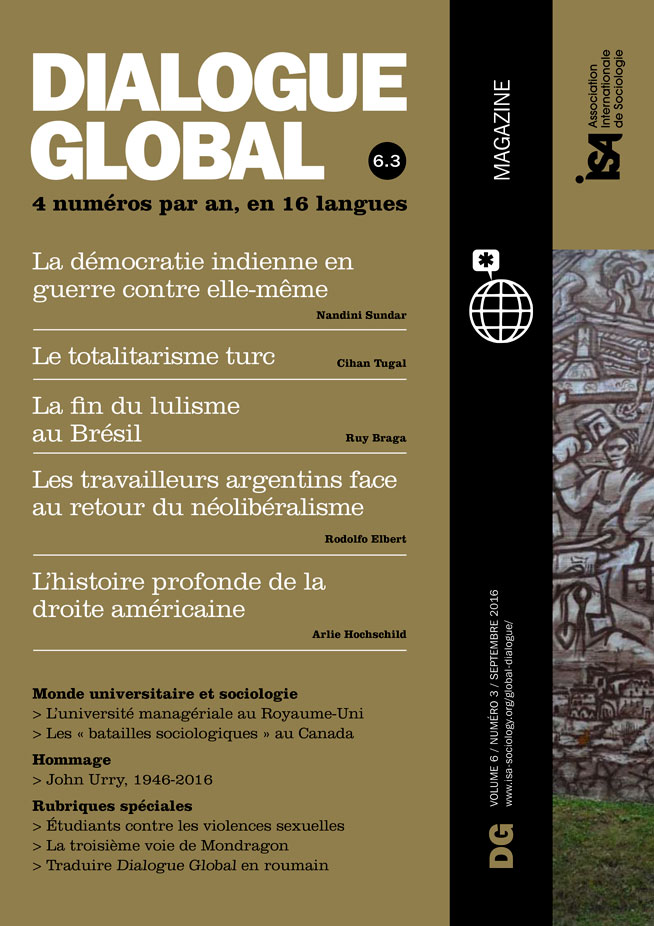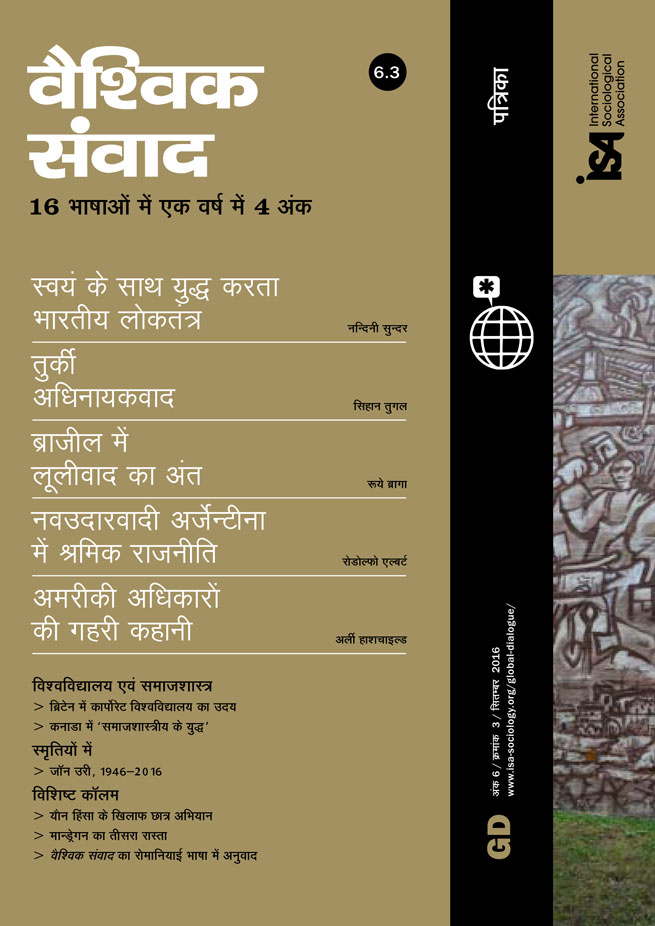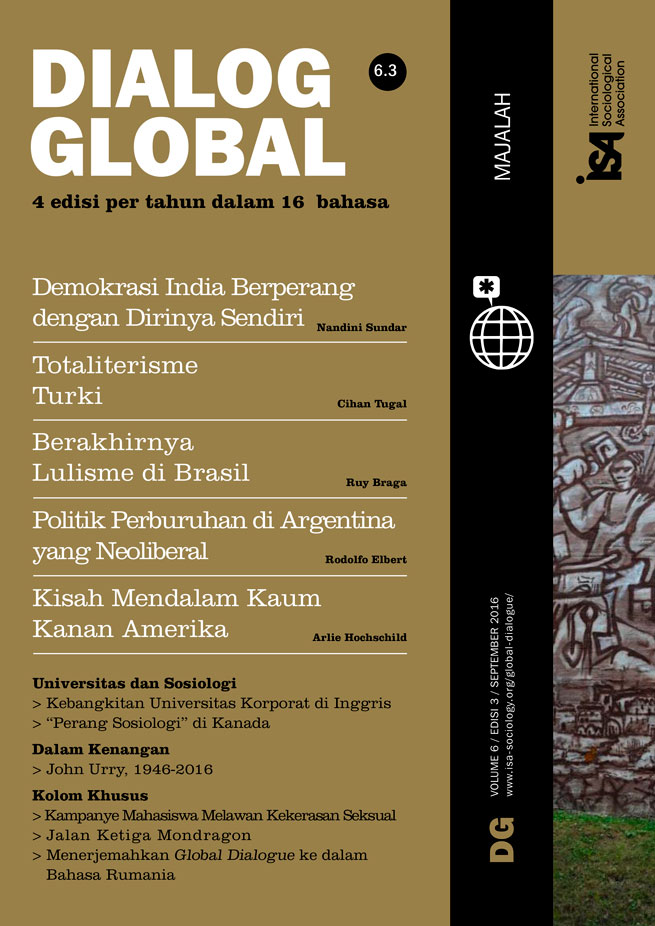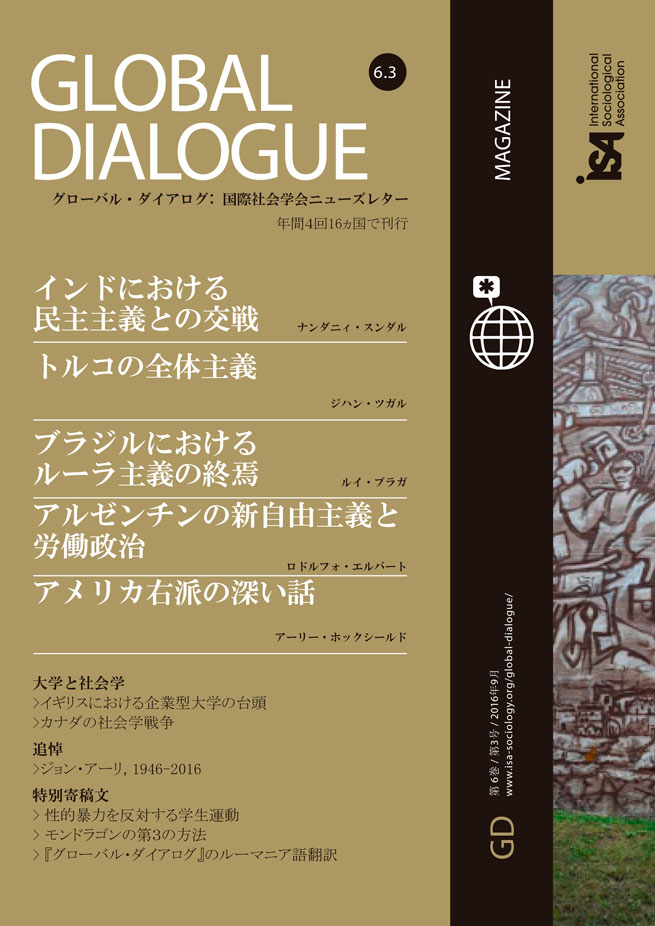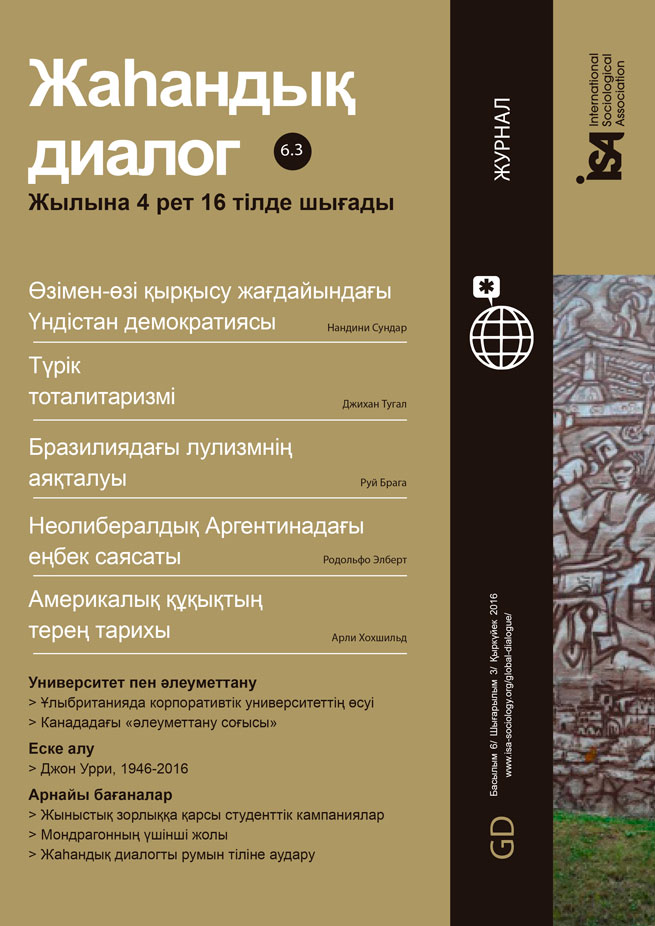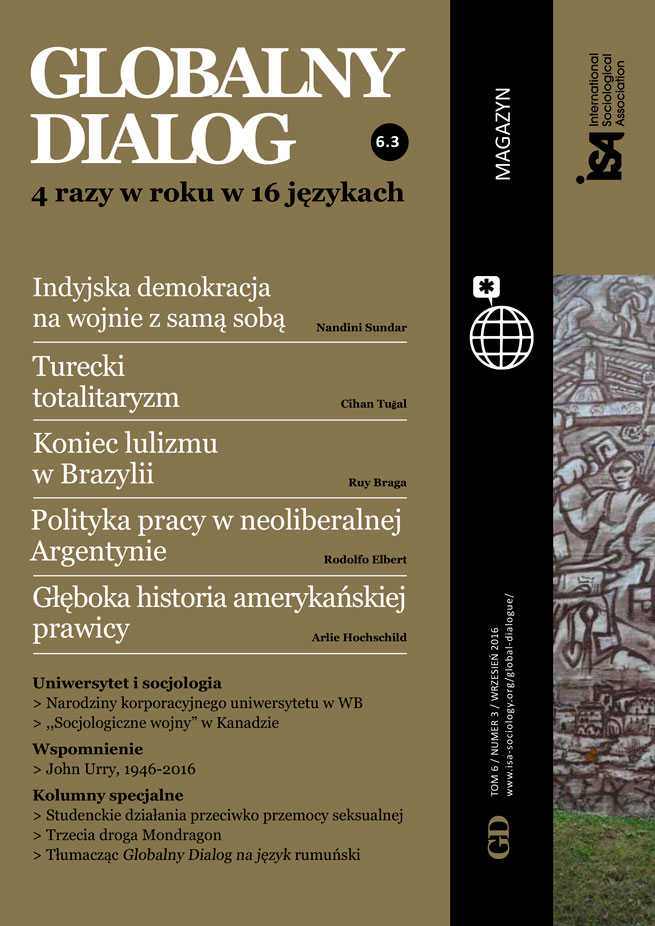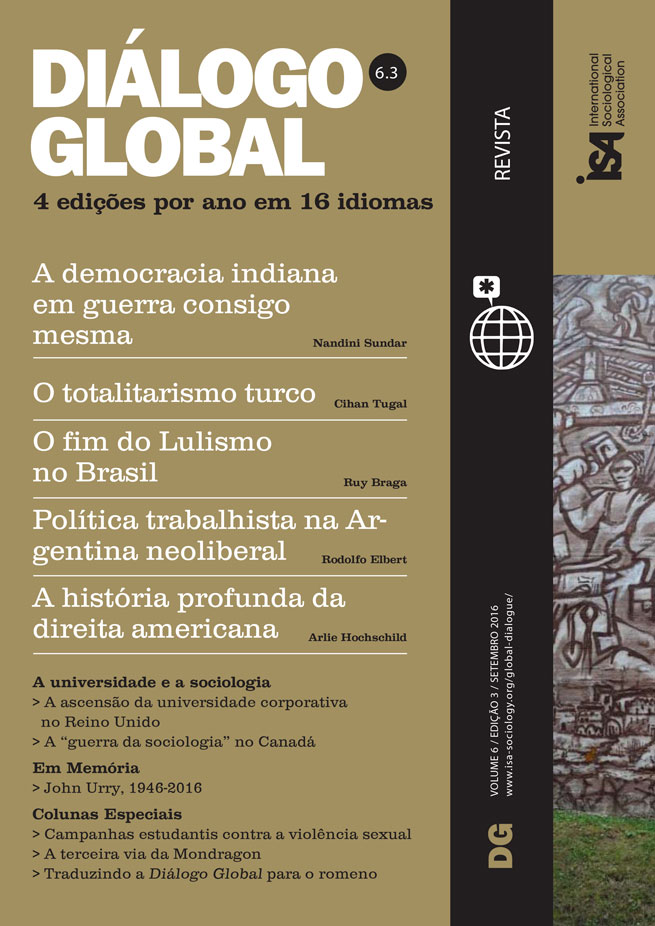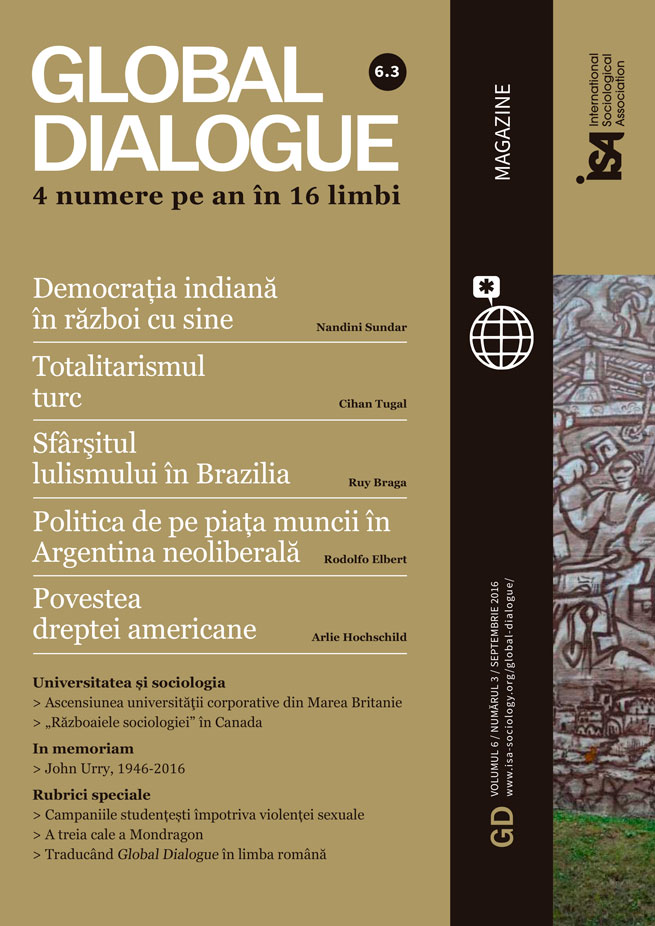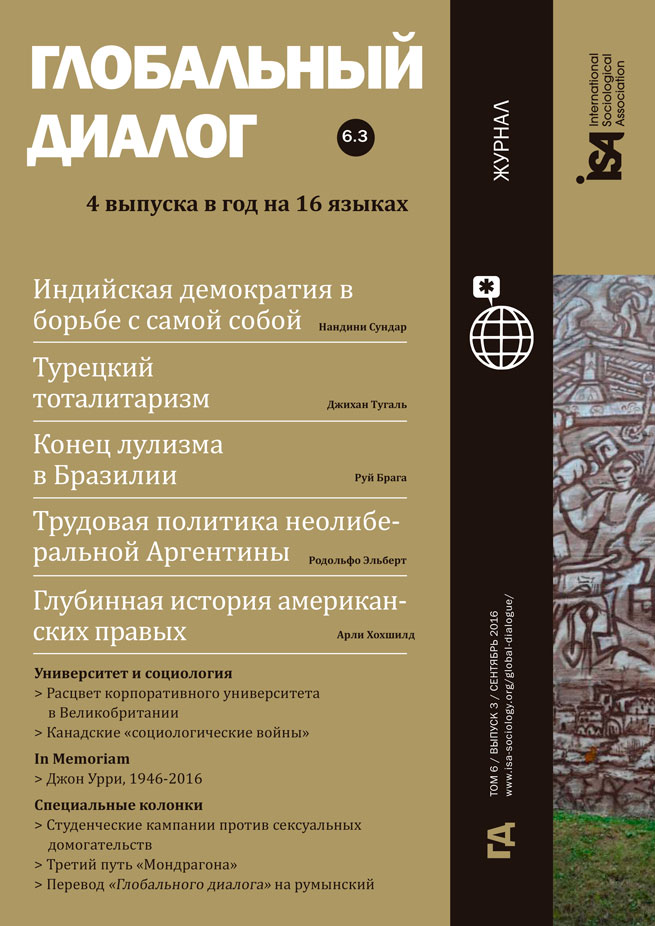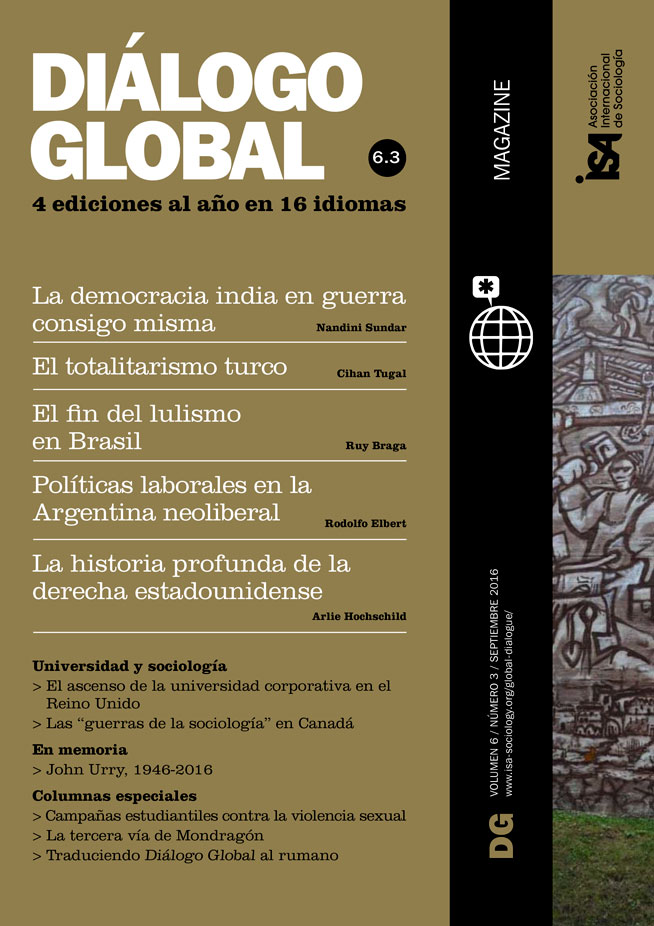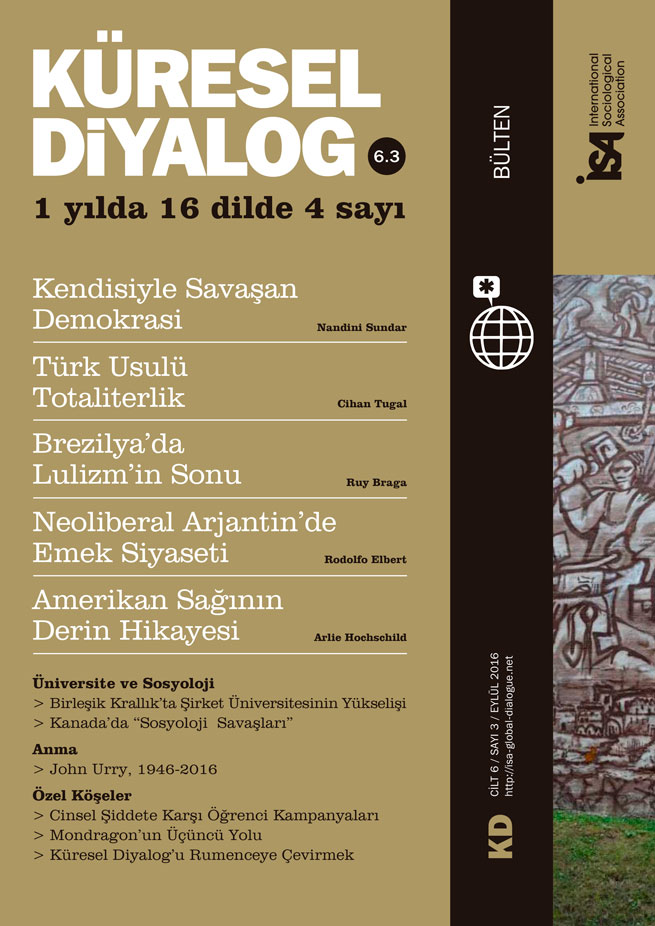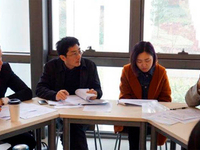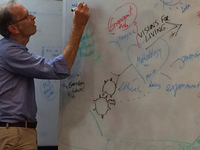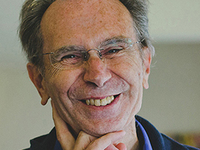In Proximity and Mobility: Commemorating John Urry
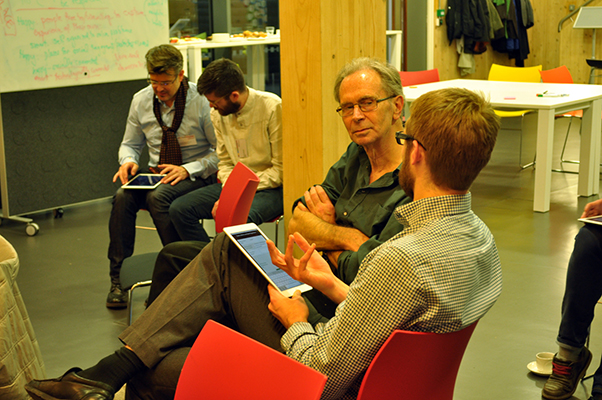
August 06, 2016
British sociologist John Urry sadly passed away in March, just as we were celebrating the publication of our co-written article “Mobilizing the New Mobilities Paradigm” in the new journal Applied Mobilities – an article in which we assessed the impact of the mobilities paradigm in the social sciences over the past decade. We were also in the midst of writing an essay together for Current Sociology on the relation between the “mobilities turn” and the “spatial turn”; I feel lucky to have had the chance to talk with John about the origins of his thinking on space and mobility, and its relation to sociology as a discipline.
I joined the Sociology Department at Lancaster University in 1998, in part because John was there. Through his ability to create a successful collaborative and trans-disciplinary environment, John attracted dozens of graduate students, postdoctoral scholars, visiting researchers, and new lecturers to Northwest England. After working together on several articles relating to mobilities, we co-founded the Center for Mobilities Research at Lancaster in 2003; over the next years, we held an inaugural Alternative Mobility Futures Conference; founded the journal Mobilities together with Kevin Hannam; co-edited a special issue of Environment and Planning A on “materialities and mobilities”, and co-edited Mobile Technologies of the City. In this rush of foundational work, there was a strong emphasis upon thinking across spatial scales, blurring disciplinary boundaries, exploring materialities and temporalities, moving beyond “sedentary” national or societal frameworks, and exploring whether “mobilities” could provide a vision for a different kind of social science: more open, more wide-ranging, more attuned to other fields, more vital.
I am so thankful for our recent conversation, in which John traced the origins of his interest in mobilities to the spatial turn in social theory, beginning with Lefebvre’s 1974 La production de l’espace, and British debates engendered by another great thinker we have sadly recently lost, Doreen Massey. Her 1984 Spatial Divisions of Labour, examined the complex and varied movements of capital into and out of place and the resulting forms of sedimentation within each place; it was followed by Gregory and Urry’s 1985 Social Relations and Spatial Structures, which brought together geographical and sociological contributions from Harvey, Giddens, Massey, Pred, Sayer, Soja and Thrift. This collection informed John’s turn to what he called “the leisured movements of people into and out of place”, further developed in The Tourist Gaze (1990), as well as to multiple mobilities and their spatial consequences, discussed in Lash and Urry’s The End of Organized Capitalism (1987) and Economies of Signs and Space (1994). John’s earlier books Social Theory as Science (1975, with Russell Keat) and The Anatomy of Capitalist Societies (1981) were also important theoretical contributions, laying the groundwork for this later direction in his work. By the mid-1990s, theorizations of the spaces of “flow” and “network” became especially significant with Castells’ 1996 trilogy on Network Society and by the turn of the millennium the concept of “mobility” had emerged as a key term. Urry’s Sociology Beyond Societies helped consolidate attention to mobilities as a key concept within an emerging spatial social science, or “mobile sociology” – an approach which has become increasingly influential over the past fifteen years, at least outside of the USA.
This shift to the emphasis on mobilities coincided with the founding of the journals Environment and Planning D: Society and Space and Theory, Culture and Society, along with Polity Press in the early 1980s. John described these publications as part of an effort to develop a post-disciplinary social science and social theory in response to the Thatcher government’s attacks on universities and especially to cuts to university social science programs.
John also described his work as oppositional to both American social science and “British empiricism.” From my perspective in the United States, the anti-positivist and critical theory edge in John Urry’s work helps to explain the apparent reluctance of the American Sociological Association and many mainstream US sociology departments to engage with the new mobilities paradigm – a paradigm I consider a beacon of hope for critical, engaged, post-disciplinary social science.
Despite the seeming hubris of announcing something as a “new paradigm,” John was personally very self-effacing and modest, never trumpeting his own achievements. John’s personal stance was thoroughly anti-elitist and anti-neoliberal, as was materially evident in his everyday interactions, and symbolically evident in his ever-present monochromatic work uniform, usually a blue cotton shirt, blue jacket and trousers, always with an open collar and no tie. He was an egalitarian through and through, with no patience for pretensions, hierarchies, or status seeking. He welcomed students and visitors from around the world with an infectious smile, and he always made a place for all at the table.
John Urry created a new kind of mobile sociology: one that reaches beyond disciplines, enables new kinds of intellectual formations, and allows for sociology to renew its relevance in the world at large as it addresses crucial public issues – including his most recent work on climate change, resource extraction, and dark economies. The new mobilities paradigm and Urry’s larger body of work continues to stand in contrast to quantitative empiricist traditions in American and British social sciences, while struggling against the hierarchies of academic departments, professional bodies, and the disciplinary closure of the neoliberal university. Sociology would do well to continue the moves he has made.
Mimi Sheller, Drexel University, USA

